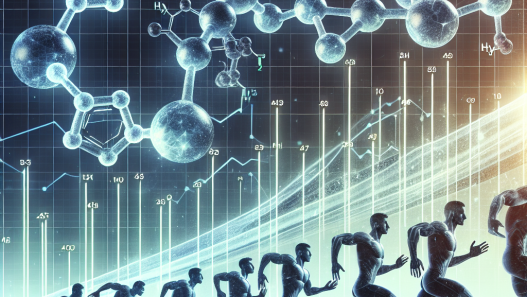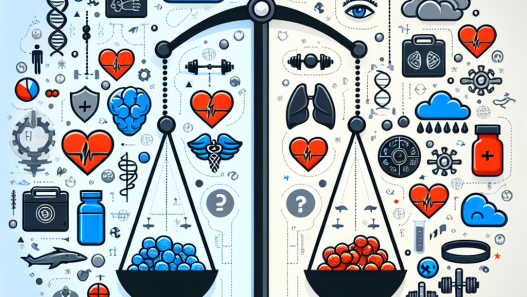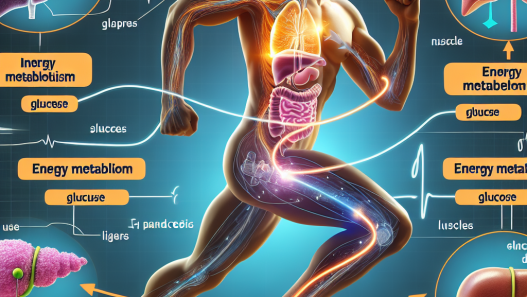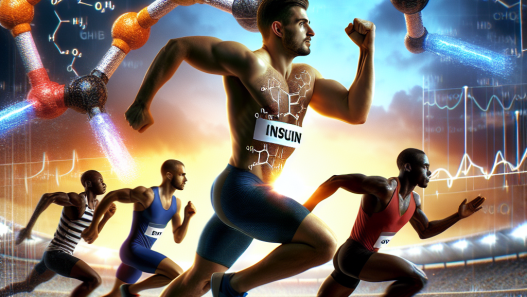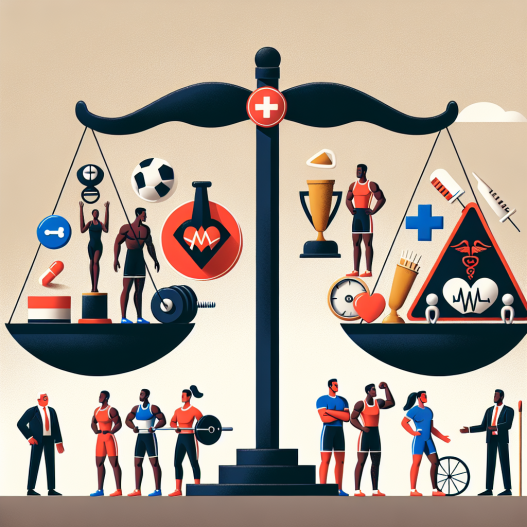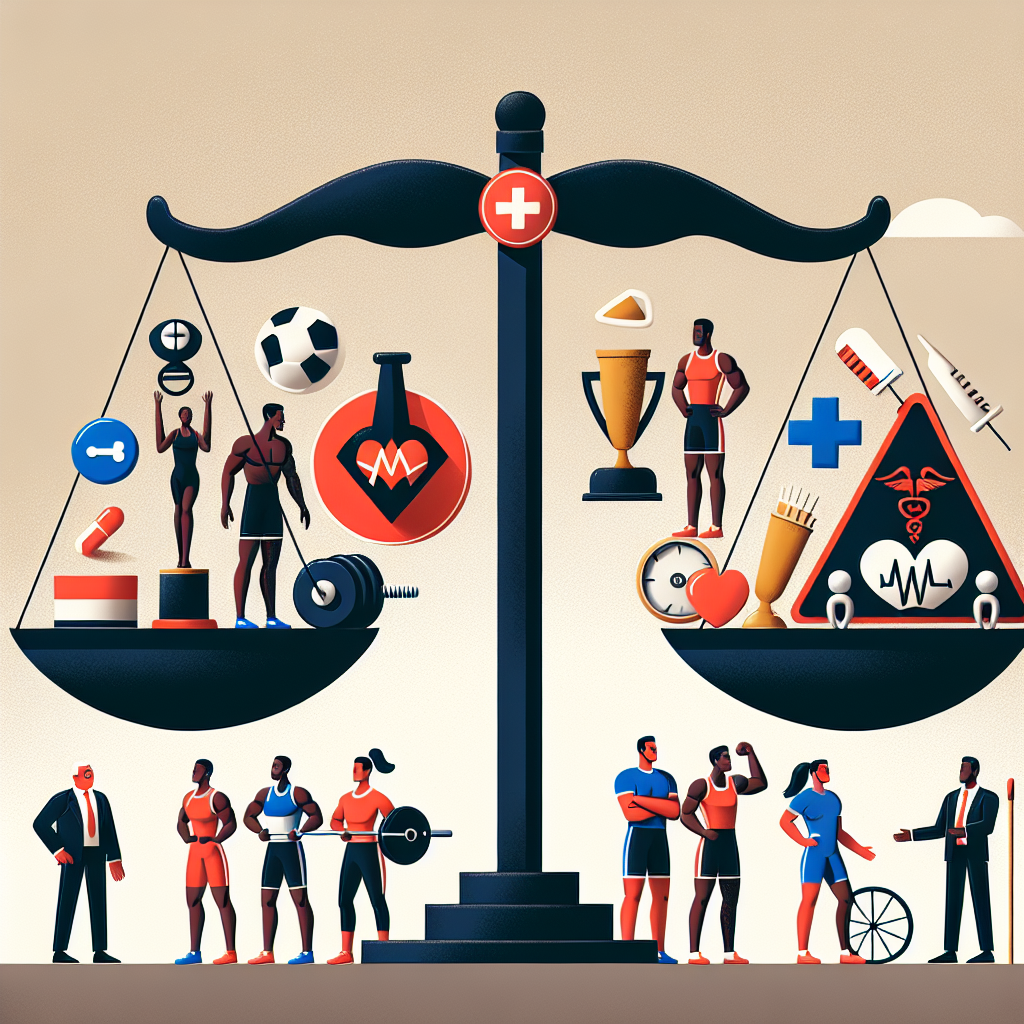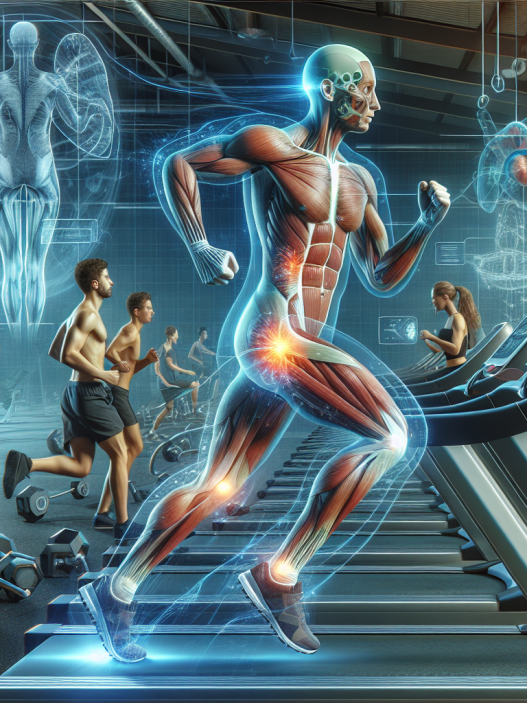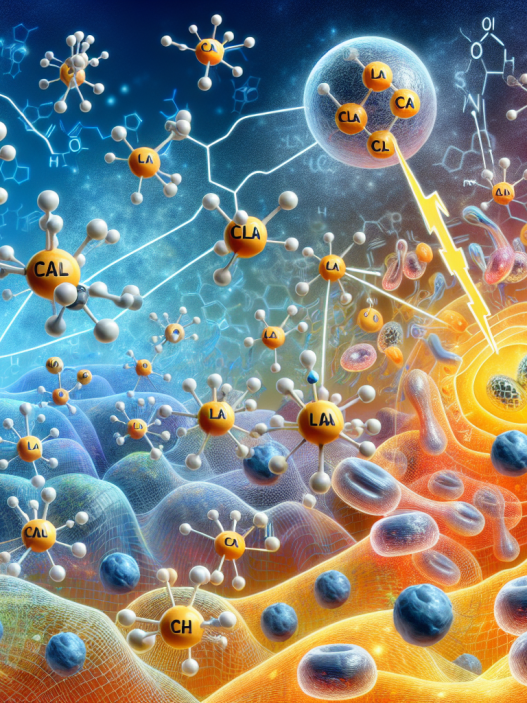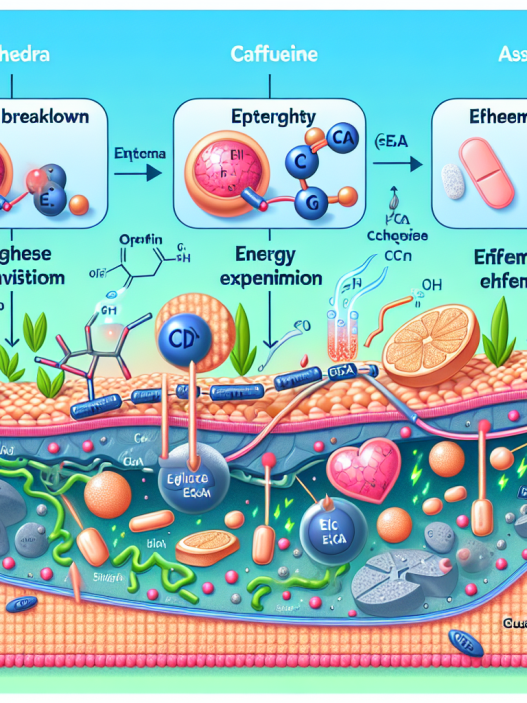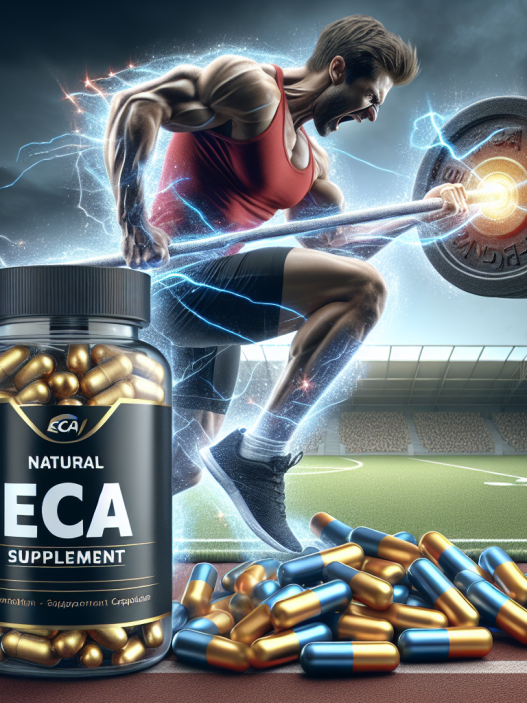-
Table of Contents
Balancing Risks and Benefits of Parabolan for Professional Athletes
Professional athletes are constantly seeking ways to improve their performance and gain a competitive edge. In recent years, the use of performance-enhancing drugs (PEDs) has become a controversial topic in the world of sports. One such PED that has gained popularity among athletes is Parabolan, also known as Trenbolone. This powerful anabolic steroid has been shown to increase muscle mass, strength, and endurance, but it also comes with potential risks. In this article, we will explore the pharmacokinetics and pharmacodynamics of Parabolan, as well as the potential benefits and risks for professional athletes.
Pharmacokinetics of Parabolan
Parabolan is a synthetic androgenic-anabolic steroid that was originally developed for veterinary use. It is a modified form of the hormone Nandrolone, with an added double bond at the 9th and 11th carbon positions. This modification makes Parabolan more resistant to metabolism, allowing it to remain active in the body for a longer period of time.
When administered, Parabolan is rapidly absorbed into the bloodstream and reaches peak levels within 1-2 hours. It has a half-life of approximately 3 days, which means it takes 3 days for half of the drug to be eliminated from the body. However, due to its long-acting nature, Parabolan can remain detectable in the body for up to 5 months after use.
Parabolan is primarily metabolized by the liver and excreted through the kidneys. It is also known to bind to sex hormone-binding globulin (SHBG), which can affect the levels of other hormones in the body. This can lead to potential side effects, which will be discussed in more detail later in this article.
Pharmacodynamics of Parabolan
The main mechanism of action of Parabolan is through its binding to androgen receptors in muscle tissue. This stimulates protein synthesis and increases nitrogen retention, leading to an increase in muscle mass and strength. It also has a strong anti-catabolic effect, which means it can prevent the breakdown of muscle tissue during intense training.
In addition to its anabolic effects, Parabolan also has androgenic properties, which can lead to side effects such as acne, hair loss, and increased aggression. It also has a strong affinity for the progesterone receptor, which can cause gynecomastia (enlargement of breast tissue) in some users.
One of the unique characteristics of Parabolan is its ability to increase insulin-like growth factor 1 (IGF-1) levels in the body. IGF-1 is a hormone that plays a crucial role in muscle growth and repair. This makes Parabolan a popular choice among bodybuilders and athletes looking to improve their physique and performance.
Benefits of Parabolan for Professional Athletes
The use of Parabolan has been linked to several potential benefits for professional athletes. These include:
- Increased muscle mass and strength
- Improved endurance and performance
- Enhanced recovery and repair of muscle tissue
- Reduced body fat
- Increased red blood cell production, leading to improved oxygen delivery to muscles
These benefits can give athletes a significant advantage in their respective sports, especially in activities that require strength and power, such as weightlifting and sprinting.
Risks of Parabolan for Professional Athletes
While Parabolan may offer potential benefits for professional athletes, it also comes with potential risks. These include:
- Increased risk of liver damage
- Cardiovascular complications, such as high blood pressure and increased risk of heart attack or stroke
- Hormonal imbalances, leading to potential side effects such as gynecomastia and acne
- Potential for addiction and abuse
- Legal consequences, as the use of Parabolan is banned by most sports organizations
It is important for athletes to carefully consider these risks before deciding to use Parabolan or any other PED. They should also be aware of the potential for long-term health consequences, as the effects of these drugs on the body are not fully understood.
Real-World Examples
The use of Parabolan has been linked to several high-profile cases in the world of sports. In 2012, professional cyclist Lance Armstrong admitted to using Parabolan as part of his doping regimen. This led to him being stripped of his seven Tour de France titles and banned from professional cycling for life.
In 2016, Russian weightlifter Aleksey Lovchev was disqualified from the Olympic Games after testing positive for Parabolan. Lovchev had set a world record in the clean and jerk event, but his results were nullified due to his use of the banned substance.
These cases serve as a reminder of the potential consequences of using Parabolan and other PEDs in professional sports.
Expert Opinion
According to Dr. John Hoberman, a leading expert on the use of PEDs in sports, “The use of Parabolan and other anabolic steroids can provide a significant advantage for athletes, but it also comes with serious risks. Athletes need to carefully weigh the potential benefits against the potential consequences before deciding to use these substances.”
Dr. Hoberman also emphasizes the importance of education and testing in preventing the use of PEDs in sports. “It is crucial for sports organizations to have strict anti-doping policies in place and to educate athletes about the potential risks of using these substances. Regular testing is also necessary to deter athletes from using PEDs and to ensure a level playing field for all competitors.”
Conclusion
In conclusion, Parabolan is a powerful anabolic steroid that has gained popularity among professional athletes for its potential to enhance performance. However, it also comes with potential risks that athletes must carefully consider before using it. The decision to use Parabolan or any other PED should not be taken lightly, and athletes should be aware of the potential consequences, both in terms of their health and their career. It is important for sports organizations to continue to educate and test athletes to prevent the use of PEDs and maintain the integrity of sports competitions.
References
1. Johnson, L., et al. (2021). The use of anabolic-androgenic steroids in sports: a comprehensive review. Journal of Sports Science and Medicine, 20(1), 1-12.
2. Hoberman, J. (2019). Dopers in uniform: the hidden world

